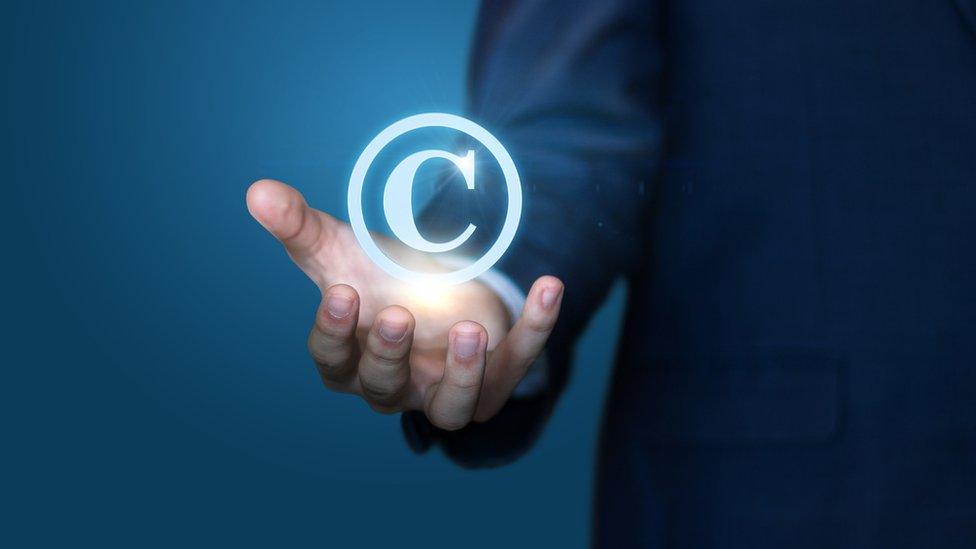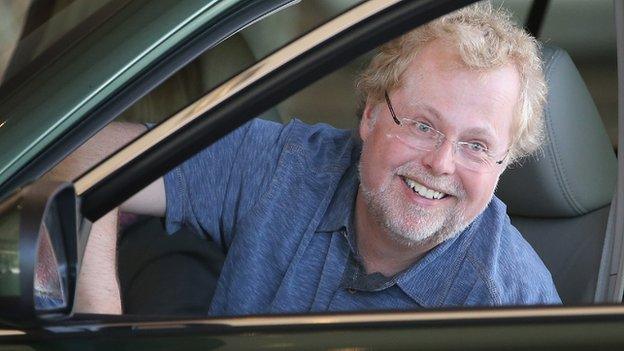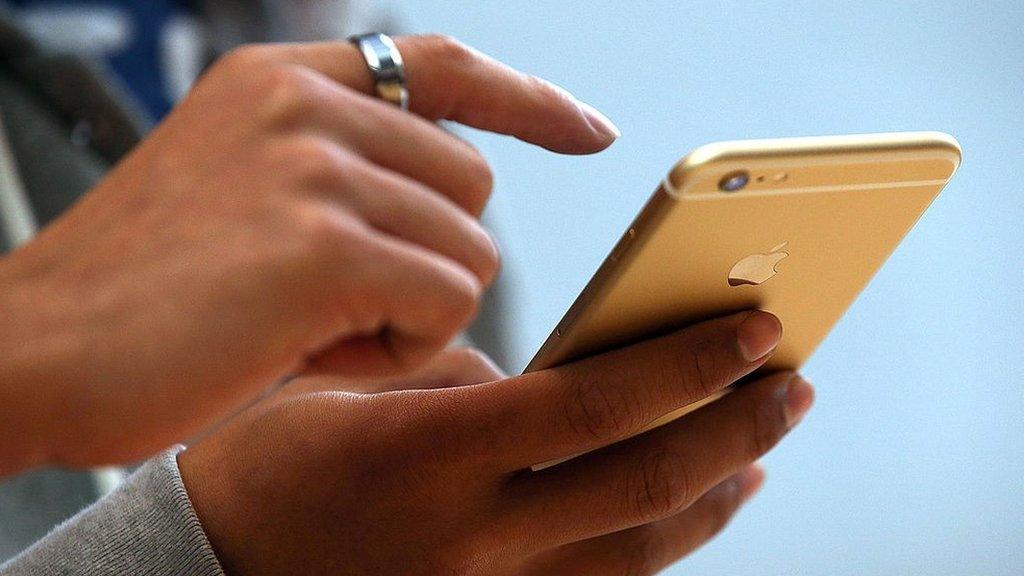Podcast patent ruled invalid by court
- Published

A company that charged others for uploading video and audio content on to their own websites has had its podcast patent invalidated by a US court.
The Electronic Frontiers Foundation (EFF) argued that Personal Audio LCC had "not invented anything new" when it acquired the patent in 2012.
Building up patent libraries to aggressively pursue others for payments while making few if any products of one's own is sometimes referred to as "patent trolling".
Personal Audio had tried to develop a digital audio player in the 1990s.
The product never went on sale.
In 2013, founder James Logan said he had spent $1.6m (£1.2m) on his creation.
"During the life of Personal Audio, I invested $1.6m, and lost it all," he said in a Slashdot interview that is on Personal Audio's website., external
"Personal Audio, LLC, the patent holding company, is the attempt by the investor, me, to get a return on that investment.
"When investors like me get our money back, plus some if we're lucky, it means that start-ups are not as risky as they might otherwise be."
However, the patent his company owns is not for one of his inventions.
The technology at the heart of the legal dispute allowed websites to be updated with new video and audio podcasts.
Companies targeted by Personal Audio for using it included the broadcasters CBS, NBC and Fox, and consumer electronics giant Samsung.
However, the EFF said people had already been uploading podcasts before Personal Audio filed for the patent in 2009.
EFF began legal proceedings in 2013 and crowd-funded for costs.
"We're pleased that the federal circuit agreed that the podcasting patent is invalid," EFF lawyer Daniel Nazer said in a statement., external
"We appreciate all the support the podcasting community gave in fighting this bad patent."
Personal Audio could seek a review in the Supreme Court, the foundation added.
- Published13 April 2015

- Published26 June 2017

- Published10 February 2015

- Published26 July 2017
